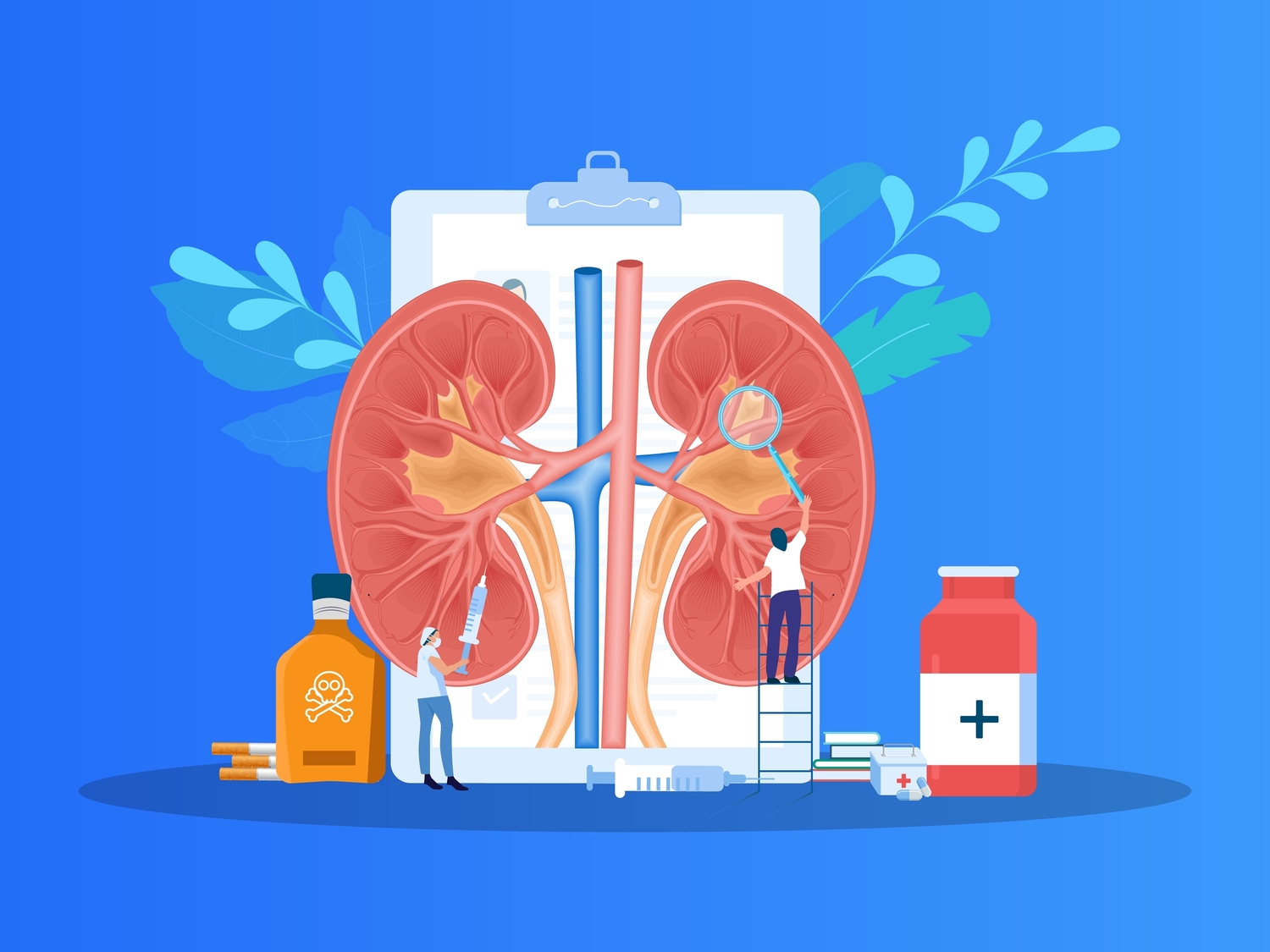Effective Dietary Strategies to Support Kidney Health and Manage Kidney Disorders
Discover expert-backed dietary strategies to support kidney health, manage kidney disorders, and prevent disease progression. Learn about essential dietary restrictions, safe food choices, and lifestyle tips tailored for kidney patients to improve quality of life and maintain renal function effectively.

Comprehensive Dietary Approaches for Maintaining Kidney Function
Maintaining optimal kidney health is vital for overall well-being, especially for individuals diagnosed with or at risk of kidney disorders. Chronic kidney disease (CKD) can progress silently, and diet plays a crucial role in managing this condition. By adopting specific nutritional strategies, patients can slow disease progression, reduce symptoms, and improve their quality of life. Healthcare providers often develop personalized meal plans tailored specifically to each patient’s needs, considering the stage of kidney impairment and accompanying health issues.
If you are experiencing symptoms such as nausea, fatigue, changes in urination patterns, swelling, muscle cramps, difficulty breathing, or high blood pressure, early diagnosis and dietary management can significantly influence your health prognosis. Timely medical intervention combined with tailored nutrition plans helps prevent severe complications and supports renal function preservation. It’s important to recognize these early signs as they often indicate underlying kidney problems that need prompt attention.
Chronic kidney disease often results from several primary causes, including:
Uncontrolled high blood pressure
Diabetes mellitus
Recurrent infections of the kidney tubules (pyelonephritis)
Genetic predispositions
Cancers affecting the kidneys
Unhealthy lifestyle choices and dehydration
Diet management focuses on limiting intake of key nutrients like potassium, phosphorus, and sodium to minimize strain on the kidneys. Proper nutrition not only aids in disease management but also helps prevent associated health problems such as obesity, cardiovascular issues, and insulin resistance. By adopting a kidney-friendly diet, patients can better control symptoms and prevent further decline in renal function.
Controlling salt intake is critical for managing blood pressure and reducing fluid retention, which are common issues in kidney disease. Processed foods, canned soups, and fast foods are often high in sodium and should be avoided. Additionally, limiting foods rich in potassium—such as spinach, potatoes, beans, and bananas—is essential because excess potassium can cause heart rhythm disturbances and stress the already compromised kidneys. Moderating protein consumption, especially from red meats and dairy products, decreases the workload on kidneys and reduces waste buildup.
Fluid intake should be carefully managed based on individual medical advice, particularly in advanced stages of CKD where fluid buildup might be problematic. Alcohol and excess liquids should be minimized to prevent strain on renal function. Phosphorus intake must also be controlled, usually by limiting foods like nuts, dairy, and processed snacks, as excess phosphorus can weaken bones and contribute to mineral imbalances related to kidney deterioration.
Focusing on a diet rich in low-potassium fruits and vegetables, whole grains, and specially prepared recipes can help maintain balanced nutrition while protecting kidney function. Regular consultation with healthcare providers and dietitians ensures that each patient’s dietary plan remains personalized and effective. Incorporating nutritious, kidney-friendly foods not only supports renal health but also enhances overall vitality and well-being.
In summary, lifestyle and dietary modifications are foundational for managing kidney disorders. By adopting a comprehensive approach that includes limiting salt, potassium, phosphorus, and protein intake, along with staying hydrated appropriately, patients can slow disease progression and avoid complications. Proper education and ongoing medical support are essential components of successful kidney health management. Remember, an informed diet tailored to your specific health condition can significantly improve your quality of life and help maintain kidney function for years to come.





